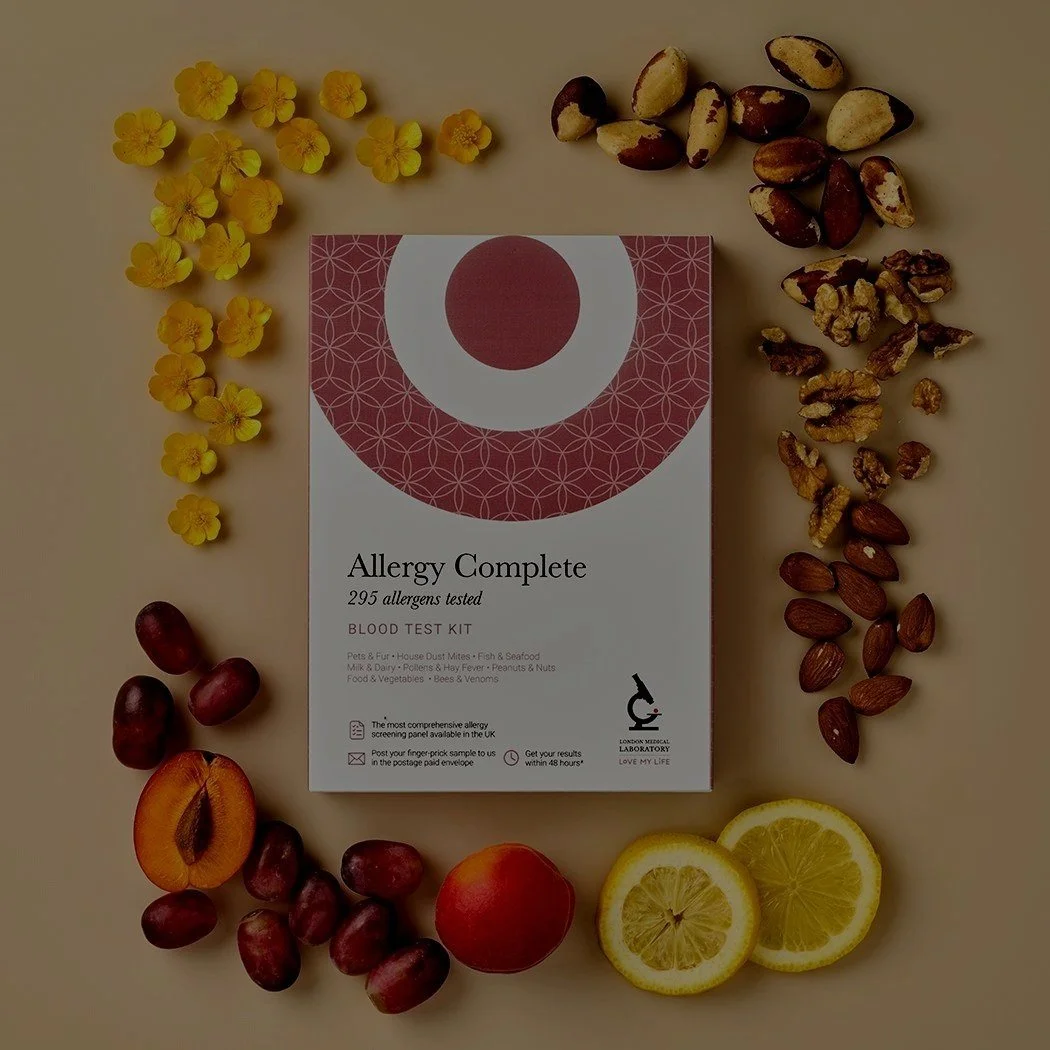Foods to help control inflammation
Foods to help inflammation
Inflammation is a natural response by the body to protect and heal itself from injuries and infections. However, chronic inflammation can lead to various health issues, including arthritis, heart disease, and even cancer. Thankfully, Mother Nature has provided us with a powerful arsenal of anti-inflammatory foods that can help keep inflammation in check. In this blog, we'll explore ten delicious and nutritious foods that can aid in controlling inflammation and promote overall well-being.
1. Fatty Fish
Fatty fish like salmon, mackerel, and sardines are rich in omega-3 fatty acids, which are known for their potent anti-inflammatory properties. Omega-3s help reduce the production of inflammatory compounds, effectively lowering inflammation levels in the body. Aim for at least two servings of fatty fish per week to reap its benefits.
2. Turmeric
Turmeric is a bright yellow spice commonly used in Indian cuisine and traditional medicine. Its active compound, curcumin, is a powerful anti-inflammatory agent. Incorporating turmeric into your diet by adding it to curries, soups, or smoothies can help alleviate inflammation and provide a warm, earthy flavor to your dishes.
3. Berries
Berries such as strawberries, blueberries, and raspberries are packed with antioxidants called anthocyanins. These antioxidants combat oxidative stress and inflammation in the body. Berries are also low in sugar, making them a perfect guilt-free snack or addition to your morning oatmeal.
4. Leafy Greens
Dark, leafy greens like spinach, kale, and Swiss chard are rich in vitamins, minerals, and antioxidants. They contain high levels of vitamin E, which can help protect the body from pro-inflammatory molecules. Incorporate a variety of leafy greens into your salads, stir-fries, or smoothies to promote a healthier inflammatory response.
5. Extra Virgin Olive Oil
A staple in the Mediterranean diet, extra virgin olive oil is a rich source of oleocanthal, a natural anti-inflammatory compound. It acts similarly to non-steroidal anti-inflammatory drugs (NSAIDs) but without the side effects. Replace unhealthy cooking oils with extra virgin olive oil and drizzle it over salads for a tasty anti-inflammatory boost.
6. Nuts
Nuts, particularly almonds and walnuts, contain a good balance of healthy fats, fiber, and antioxidants. The monounsaturated fats in nuts can help reduce inflammation, and their high fiber content supports a healthy gut microbiome, which is essential for overall well-being.
7. Ginger
Ginger has been used for centuries as a natural remedy for various ailments, including inflammation. Its active compounds, gingerols and shogaols, have anti-inflammatory effects. Incorporate fresh ginger into your meals or sip on a soothing cup of ginger tea to experience its benefits.
8. Broccoli
Broccoli is a cruciferous vegetable packed with sulforaphane, a potent anti-inflammatory compound. This veggie also contains high levels of vitamin C, which can further support the immune system. Steam, roast, or stir-fry broccoli to preserve its nutritional value and enhance its taste.
9. Green Tea
Green tea contains polyphenols, such as epigallocatechin gallate (EGCG), which possess strong anti-inflammatory and antioxidant properties. Sipping on green tea regularly can help reduce inflammation and promote overall health. Avoid adding excessive sugar or honey to maximize its benefits.
10. Garlic
Garlic not only adds a delightful flavour to dishes but also boasts numerous health benefits. Its sulfur-containing compounds, like allicin, have anti-inflammatory effects. Embrace the aromatic allure of garlic in your cooking and enhance both your immune system and taste buds.
Allergy Blood Test
The UK's most comprehensive allergy profile with 295 allergens tested. Get a comprehensive understanding of your food allergies.
Vitamin Profile Test
A vitamin profile blood test is helpful if you want to measure your overall vitamin levels or monitor a deficiency.


